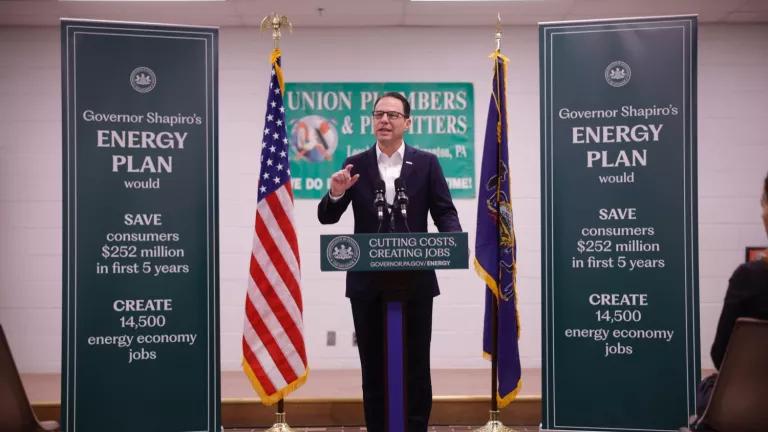
Californians sent an unequivocal message to the rest of the nation this election that the state will not waiver in pursuit of our climate goals by electing pro-environment majorities to both houses in the legislature and an energetic environmental leader in Governor-elect Gavin Newsom, who has called climate change "an existential threat." Still, Californians should remain on watch and continue to fight deep-pocketed interests who seek to influence our representatives.
Nowhere is that more clear than when it comes to the fossil fuel industry. In the 2017-2018 legislative session, the oil sector spent $40.5 million on lobbying expenses alone to curry favor with legislators and influence their stance on critical legislation. That is on par with what some of California’s largest industries like agriculture, entertainment, restaurants, and real estate combined spent on lobbying in the same time period.
Despite the aforementioned pressure, the current legislature still has been one of the most supportive of clean energy in history, passing flagship environmental legislation like SB-100 to be a lighthouse on a hill for the rest of the country to emulate. With California Republicans in the deep minority, oil and business interests have taken to trying to influence Democrats to be sympathetic to their private interests. A small group of so-called ‘moderate’ Democrats is all that’s needed to derail environmental legislation, so the oil industry has a lot resting on whether it can get more Democrats sympathetic to its interests elected to office.
The cost of running political campaigns in California is the most expensive in the country. Campaigns routinely wrestle for advertising time in costly media markets while mailboxes are flooded with mail pieces vying for seconds of a voter’s attention.
Because of the cost, independent expenditure committees are playing an increasing role in campaigns often without the knowledge or consent of the candidates. In the 2017-2018 California election cycle, oil and gas companies and their associations spent nearly $4.6 million in independent expenditures. These operations are sophisticated and aggressive, with spending on consultants, polling, data, research, radio ads, direct mail, and digital ads to influence voters.
Take for example the race between two Democrats for an open San Gabriel Valley Senate seat, where oil interests spent $2.9 million on behalf of now Senator-elect Susan Rubio to bolster her campaign and their allies in the capital. Running against Mike Eng, a former Assemblymember with a strong environmental track record, including legislation to reduce smog and air pollution, it remains to be seen if or how this financial backing will influence Senator-elect Rubio’s voting in the coming session.
Other oil industry-backed candidates are difficult to gauge. In a special election to fill outgoing State Senator Tony Mendoza’s term, then-candidate Councilmember Vanessa Delgado won with over $300,000 from oil interests. Once elected, however, Senator Delgado listened to her constituents and voted for 100% clean electricity. Senator Delgado’s successor will be Senator-elect Bob Archuleta for the 2019-2020 legislative session. Senator-elect Bob Archuleta has accepted $5,000 in total contributions from Chevron and Tesoro Companies Inc.
How hefty contributions from the oil industry affect decision-making remains to be seen in the coming session, when legislators take up additional efforts to tackle climate change. Californians should pay keen attention to their state legislators and who helped them get into power if the state is to continue its global environmental leadership.




